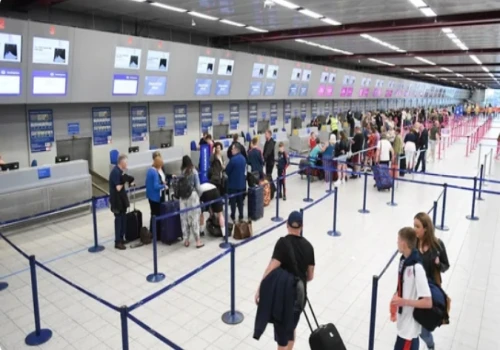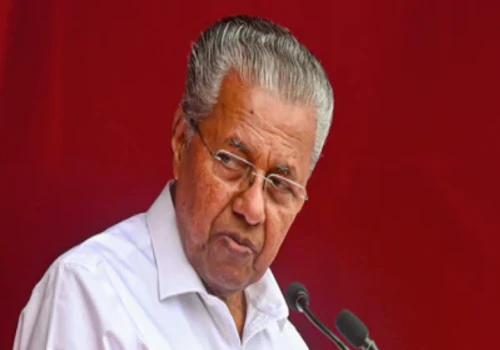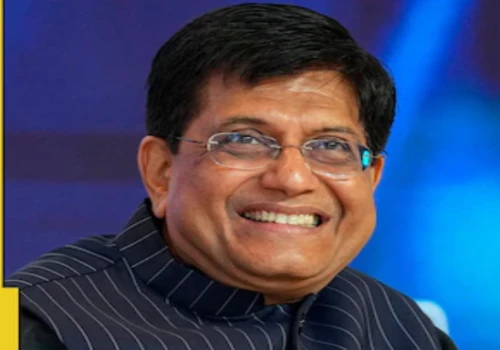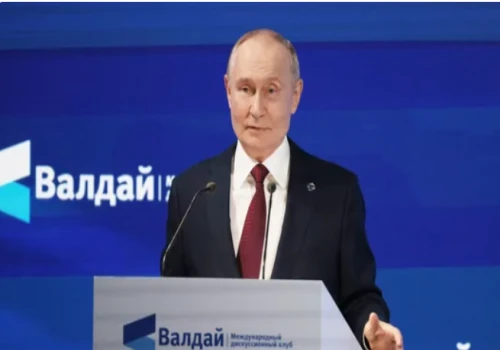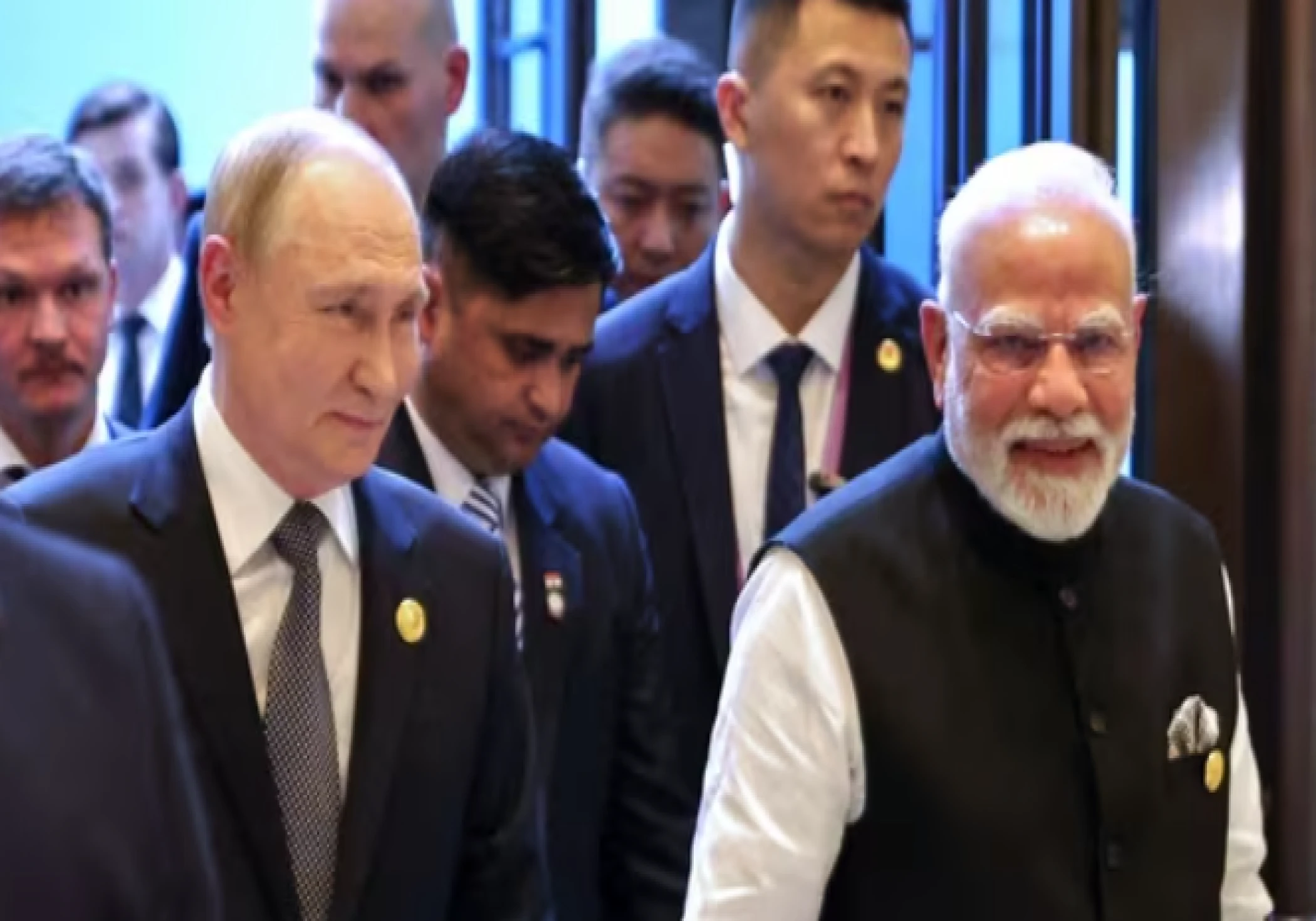
India may secure cheaper Russian oil and additional S-400 missile systems as a strategic response to Trump’s tariff policies, strengthening energy security and defense preparedness.
The evolving global trade and geopolitical landscape has put India in a position where closer ties with Russia could serve as a counterbalance to US restrictions.
With former US President Donald Trump’s return to aggressive tariff measures, India’s import-dependent economy faces potential challenges in sectors like technology, steel, and manufacturing. To offset these impacts, New Delhi is likely to pursue expanded energy and defense cooperation with Russia. Cheaper Russian oil imports could help stabilize domestic fuel prices, reduce import costs, and ensure consistent energy supplies at a time of global uncertainty.
On the defense front, India’s interest in acquiring more S-400 missile systems reflects its commitment to bolstering air defense capabilities. The S-400 is considered one of the most advanced surface-to-air missile systems in the world, providing India with a strong deterrent against regional threats. Despite US concerns over sanctions under CAATSA (Countering America’s Adversaries Through Sanctions Act), India appears determined to strengthen its defense ties with Moscow.
Experts suggest that this dual approach—leveraging energy deals and defense partnerships with Russia—could help India mitigate the negative effects of Trump’s tariff-driven policies. While balancing ties with both Washington and Moscow remains a diplomatic challenge, India’s priority is ensuring economic stability and national security.
If executed successfully, this strategy could give India a stronger footing in global trade negotiations while reinforcing its position as a major defense power in Asia.





